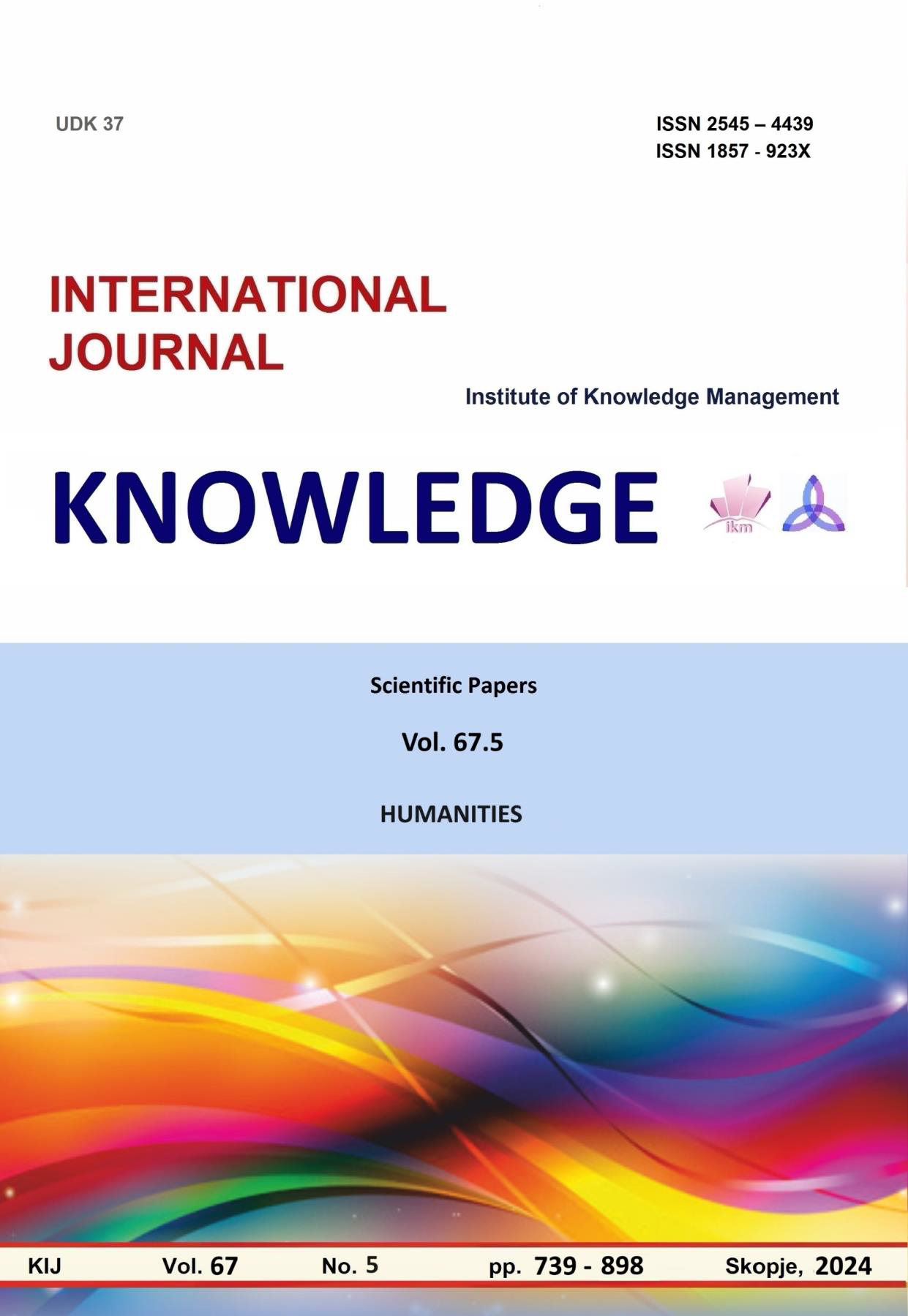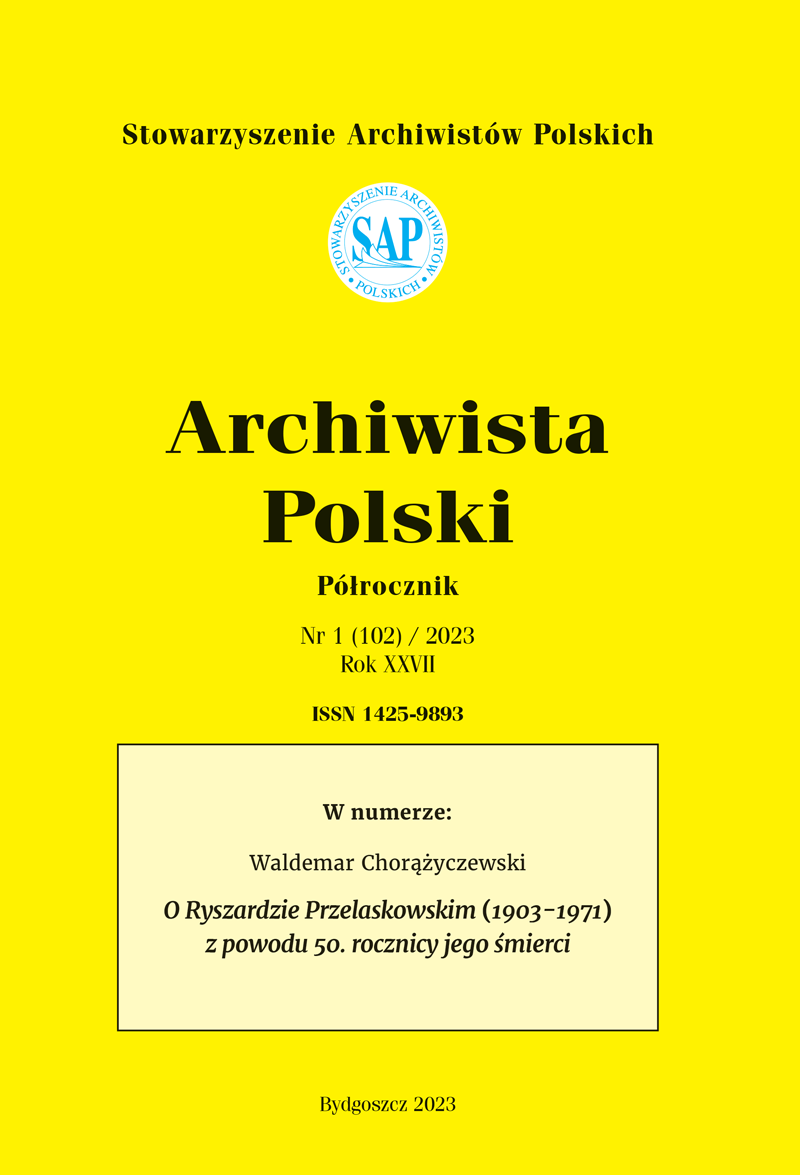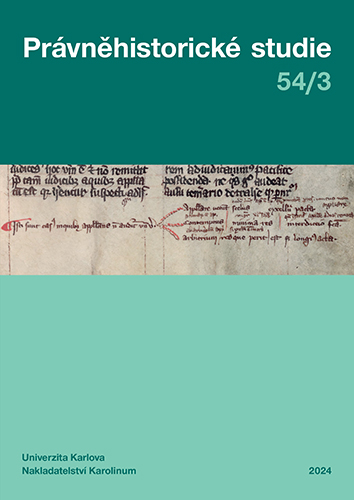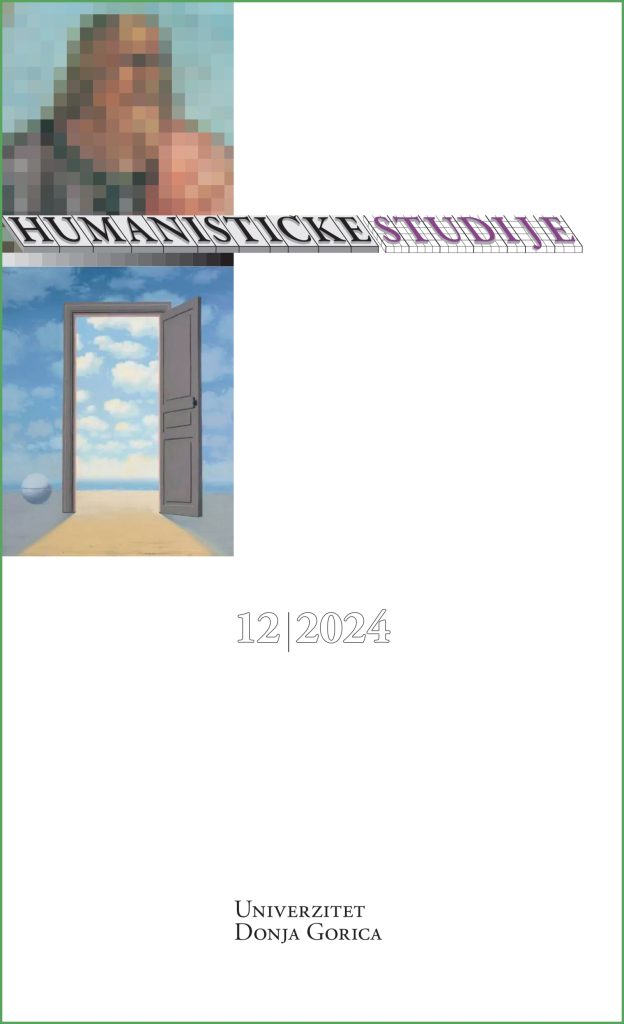
We kindly inform you that, as long as the subject affiliation of our 300.000+ articles is in progress, you might get unsufficient or no results on your third level or second level search. In this case, please broaden your search criteria.







The Translator as Communicator offers an in-depth analysis of translation from this perspective, arguing that the activity is not about transposing structures and meanings from one language to another but a communicative act significantly more complex plus challenging than simply transferring ideas among two or more languages. These case studies foreground the complex forces at work in translation — such as cultural and contextual determinants, interpretations about texts that inform transference of meaning. The authors call for a more subtle conception of translation, one which considers base textual strategies as the basis to groundwork practice. In line with their idea of translation as a macro-communicative act, therefore challenging the reductive word-for-word replacement that traditional views frequently support,Hatim and Mason conceptualize more broadly than words alone. It is a significant base-level resource that critically links key theoretical concepts with practical industry knowledge; essential reading for scholars and practitioners involved in all areas of translation. We chose to compare and contrast literary, legal writing texts because they are written in the most complex languages among all of text types ever exist; hence it almost represents every single aspects. Using fascinating examples and engaging analyses, they demonstrate how cultural differences affect translation strategies, calling attention to the fact that translation is not a mechanical process but one steeped in culture. The implications of their findings on cross-cultural communication are clear, and what it means for translation should therefore be considered—and the work necessary—by professionals around the world in an increasingly intertwined age. Overall, Hatim and Mason are important additions to our vocabulary of translation practices as a dynamic enterprise always engaged in re-formulating effective communicative strategies among diverse linguistic communities.
More...
The commencement of a series of lectures in 2022 under the name “Konarski Lecture” as well as the reedition of the Polish-English version of Kazimierz Konarski’s textbook “Modern Polish Archival Science and its Purpose” raise the question about the continuation of commemorating prominent Polish archivists. One of the figures worth paying attention to is Ryszard Przelaskowski (1903-1971), the author of “Schedule of Internal Work in Modern Archives” (1935), which was translated into English already in 1940. Ryszard Przelaskowski’s transition in 1939 from working in the archive to working in the library resulted in a change in his research interests. Przelaskowski left a series of essays in the field of librarianship in which he pointed out the connections and similarities between archival science, library science and museology as information sciences. The author of this article, in a dissertation published in 2010, drew attention to Przelaskowski’s pioneering approach in this area. Later, in-depth studies by Klaudia Leśniewska (Jędrzejewska) and Monika Cołbecka confirmed this thesis. The author postulates the need to develop a comprehensive scientific monograph of Ryszard Przelaskowski’s scientific and professional activity. This is particularly important in the era of a renewed sense of fundamental unity among archives, libraries and museums, as well as the need to include this unity in scientific theory.
More...




Review of: ЭТНОЛИНГВИСТИКА. ОНОМАСТИКА. ЭТИМОЛОГИЯ: МАТЕРИАЛЫ V МЕЖДУНАР. НАУЧ. КОНФ. ЕКАТЕРИНБУРГ, 7–11 СЕНТЯБРЯ 2022 Г. УРАЛЬСКИЙ ФЕДЕРАЛЬНЫЙ УНИВЕРСИТЕТ, ИНСТИТУТ РУССКОГО ЯЗЫКА ИМ. В. В. ВИНОГРАДОВА РАН, ИНСТИТУТ СЛАВЯНОВЕДЕНИЯ РАН. РЕДКОЛ.: Е. Л. БЕРЕЗОВИЧ, О. Д. СУРИКОВА (ОТВ. РЕД.) И ДР. — ЕКАТЕРИНБУРГ: ИЗД-ВО УРАЛ. УН-ТА, 2022. — 292 С. — ISBN 978- 5-7996-3508-4.
More...
Book review on: Löhnig, Martin, ed. a Moszyńska, Anna, ed. Reception of the 'Limited liability company (GmbH)'. Vienna: Böhlau, [2024], ©2024. 284 pages. Legal area studies; volume 6. ISBN 978-3-205-21886-9.
More...
Lenderová, Milena, ed. Zvířata a jejich lidé. Vydání první. Praha: Univerzita Karlova, nakladatelství Karolinum, 2023. 535 pages, 24 plates. ISBN 978-80-246-5157-6.
More...
Book review on: Vacek, Josef. Apelační soud v letech 1627-1727: studie a prameny. Praha: Auditorium, 2023. 240 pages. ISBN 978-80-87284-09-4.
More...
Filozofska istorija sedamnaestog veka obeležena je velikim zamasima u promišljanju prirode i sveopštim naučnim optimizmom. Ime Bleza Paskala je u toj istoriji ostavilo neizbrisiv trag. Uposlenici današnje tehnomagije smatraju ga svojim zaslužnim pretečom, jer je izumio prvu računsku mašinu, premda se ne obaziru previše na njegov doprinos humanistici, do kog je sâm znatno više držao. Matematika i fizika mnogo duguju ovom učenjaku, ali filozofija ga prevashodno pamti kao mislioca koji je na dosledan i uverljiv način upozorio svoje savremenike, pa i tumače koji su ga iznova činili savremenim, da je razumsko saznanje, uprkos svim dobrobitima, suštinski nedovoljno i da nudi krnju predstavu realnosti. Grčevitom borbom protiv skeptičke tvrdoglavosti i dogmatske uljuljkanosti, Paskal je utro put kasnijim Kantovim nastojanjima da razumu postavi jasne granice, mada ih je sâm postavio drukčije od Kanta, odbacujući filozofsku ili umnu veru u ime tradicionalne religije otkrovenja. Krajeugaona pitanja kriticizma — koja se tiču saznajne sposobnosti, moralnog držanja i budnog pogleda u ono što predstoji, vrhunila su u antropološkoj zapitanosti. Krovna zagonetka Kantove revolucije u mišljenju glasila je: „Šta je čovek?” Isto pitanje dominira i Paskalovom filozofijom. Pitanje je toliko puta postavljeno da je odavno postalo nalik iznošenoj odeždi. Srećnom ili nesrećnom zgodom pak, iznošene stvari su nam potrebne za svakodnevni život, i podsećaju nas na snagu uobičajenog iskustva i toka stvari.
More...
Uopšteno uzev, postoje dvije vrste filozofa: oni koji uspostavljaju i brane sisteme, poput Dekarta, Spinoze, Kanta i Hegela, i oni koji tragaju za istinom i njenim ljudskim ili božanskim izvorima, poput Montenja, Kjerkegora, Paskala. Jedni vjeruju da čovjekov čisti razum, svojim dijalektičkim postupcima, posjeduje moć da prodre u srž stvarnosti i zakonitosti koje upravljaju odnosima stvari i bića; drugi uviđaju da sâm razum, odvojen od drugih unutrašnjih snaga, nije ni predstavnik potpunoga čovjeka, a kamoli sredstvo za probijanje do istine o porijeklu fenomenâ i njihovoj vezanosti za transcendentni praizvor.
More...
Biografije velikana oduvijek su privlačile čitalačku pažnju, iz raznih razloga. Nekada je posrijedi želja da se ličnost i način njenog života razumiju i povežu sa djelom, nekada potreba da se dublje pronikne u nečiju misao, potpomognuta uvjerenjem da osobenost dotične ličnosti u svakodnevnom životu utiče na dalekosežnost, originalnost i slojevitost djela, nekada potraga za receptom življenja ili nagon za učenjem o sopstvenom životu na osnovu tuđeg iskustva, nekada pak puka radoznalost, čak voajerizam, koji tjera dio publikuma da se zanima sa intimu neke istorijski značajne i besmrtne ličnosti, da joj proviri kroz ključaonicu i osmotri šta ona čini tamo, između svoja četiri zida
More...
Review of: Arnold Tojnbi, Proučavanje istorije, CID, Podgorica, 2024.
More...